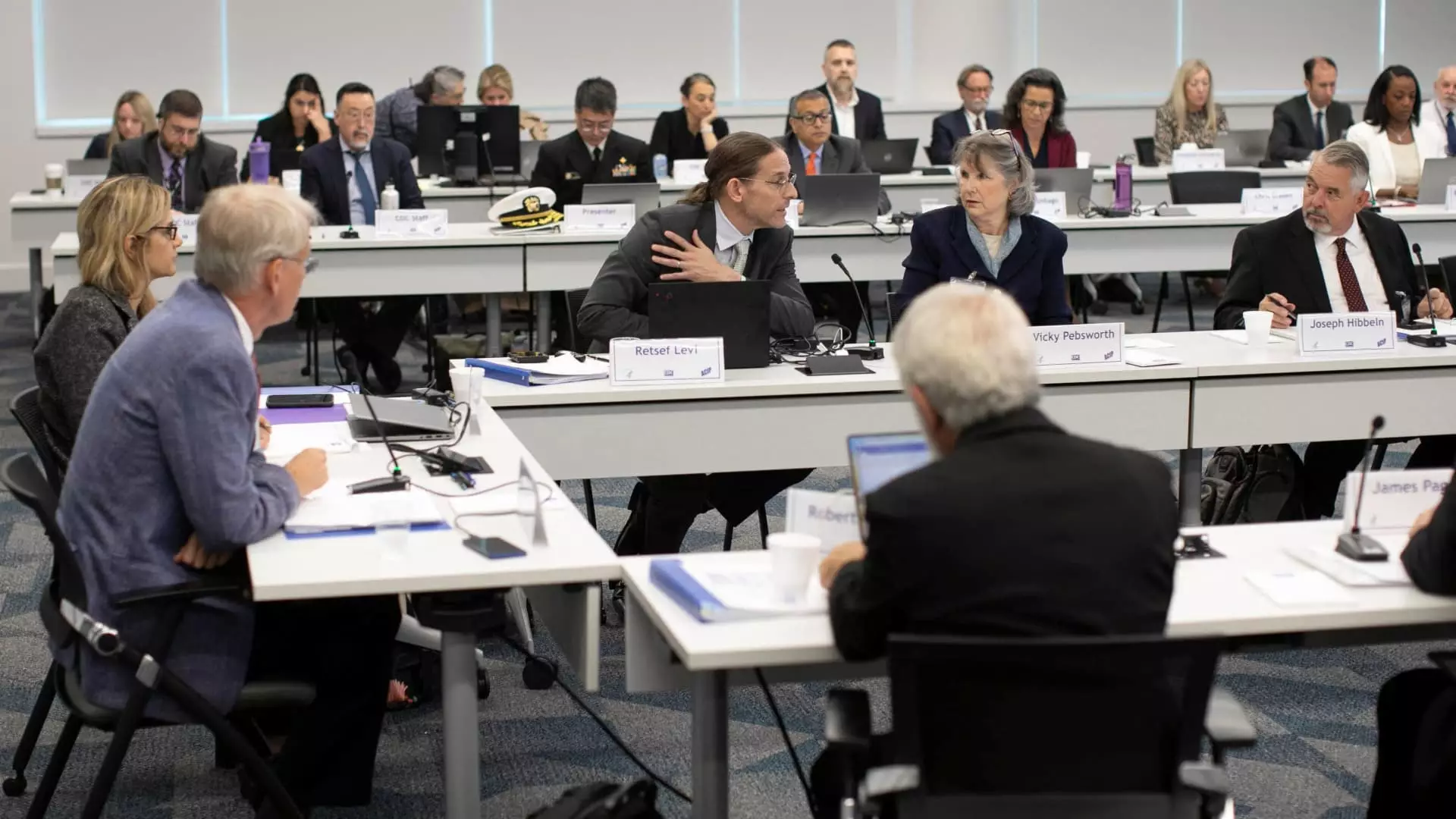In a move that appears to prioritize political ideology over scientific consensus, the recent decision by the Advisory Committee on Immunization Practices (ACIP) to relax Covid vaccination recommendations signals a troubling shift in the United States’ approach to pandemic management. Instead of advocating for broad, unified immunization policies rooted in decades of public health practice, the panel now endorses a decentralized, patient-physician shared decision-making process for Covid vaccines. This change, while presented as “individual choice,” dangerously undermines the essence of effective public health strategies: widespread coverage to prevent disease spread and protect the vulnerable.
This policy shift appears less like a scientific recalibration and more like a calculated capitulation to political pressures and ideologically motivated dissenters. It is imperative to understand that vaccines—particularly mRNA-based Covid inoculations—have long demonstrated remarkable safety and efficacy. The move to weaken recommendations, especially amidst emerging variants and waning immunity, risks leaving large swaths of the population unprotected, thereby inviting renewed surges and increased hospitalizations. Far from an empowerment of individual autonomy, it represents an insidious erosion of collective responsibility and a refusal to maintain the robust immunity infrastructure necessary for societal resilience.
Erosion of Scientific Consensus and Public Trust
Historically, public health agencies like the CDC and FDA have relied on data-driven, universal recommendations to ensure maximum protection. These policies are grounded in rigorous scientific studies that illustrate how broad vaccination efforts reduce disease transmission, hospitalization, and death. The recent decision, however, breaks from this tradition by deemphasizing the universal benefit of Covid vaccines, especially for specific vulnerable groups. Instead, it emphasizes “shared decision-making” that allows individuals to opt out or defer vaccination after consultation—effectively diluting the urgency and clarity of public health messages.
This fragmented approach risks sowing confusion among the public, who may struggle to distinguish between authoritative guidance and personalized medical discretion. The message becomes muddled: are vaccines essential, optional, or merely for the high-risk? When public trust in the institutions responsible for health guidance diminishes, the consequences are profound. Distrust fosters vaccine hesitancy and can fuel the resurgence of misinformation, undermining decades of progress in disease control.
Furthermore, ad hoc policy changes driven by political appointees like Robert F. Kennedy Jr., who openly harbor skepticism about mRNA technology, threaten the scientific integrity that underpins effective public health initiatives. Allowing vocal critics to influence vaccine panels risks politicizing health decisions during a public health crisis, ultimately jeopardizing the well-being of millions.
The Practical Impact on Public Health and Society
The implications of this policy are not theoretical; they manifest in tangible health outcomes. When vaccination becomes a matter of individual choice rather than a societal norm, access disparities widen. Rural communities, underserved populations, and even some urban areas may face significant hurdles in obtaining vaccines if insurance coverage and federal recommendations are inconsistent. Such fragmentation dilutes herd immunity, increasing the risk of outbreak resurgence.
Studies repeatedly show that widespread vaccination saves lives. In contrast, targeted vaccination strategies—though theoretically efficient—often fall short in practice, especially when faced with vaccine hesitancy driven by partisan polarization and misinformation. Weakening the CDC’s recommendation framework, as the new ACIP stance suggests, arguably invites more avoidable hospitalizations and deaths, particularly among vulnerable seniors and immunocompromised individuals.
From a broader perspective, the decline in vaccination coverage hampers economic recovery and strains healthcare resources. The cost of hospitalizations, long COVID treatment, and pandemic-related disruptions far outstrip the expense of maintaining robust immunization efforts. Progressive governments and insurance providers should recognize that vaccines are a safeguard—not a burden—and promote policies that favor accessible, uniform immunization to safeguard societal health.
The Role of Patriotism and Personal Responsibility in Public Health
A more nuanced, but equally vital, aspect of this debate concerns the foundational principles of personal responsibility and community care. Opponents of sweeping vaccination policies often frame their arguments as individual freedoms. While personal choice is an important value, it should not come at the expense of collective safety. Historically, effective health policies balance individual rights with societal benefits—mandatory vaccines for school children, for example, have proven instrumental in eradicating or controlling deadly diseases.
The current trajectory, which pushes decision-making further into personal consultation, disregards the collective right to a safe environment. It transforms public health from a shared enterprise into an optional endeavor, vulnerable to the whims of political ideology and misinformation. This mentality risks recreating a cycle of preventable illness and death that could have been mitigated through proven, stable vaccination protocols.
Recognizing the importance of choice does not mean surrendering to chaos. It demands responsible leadership that emphasizes the societal gains of high vaccination coverage, along with transparent communication about the safety and efficacy of these vaccines. Only through clear, unwavering guidelines and community trust can public health be sustained in an increasingly polarized environment.
—
In an era where science and public policy should fortify society against health crises, the recent bias toward weakened vaccine recommendations appears reckless. The choice for a healthier society implies bold leadership grounded in scientific integrity, not political expediency. The American public deserves policies that prioritize safety, efficacy, and societal well-being—values that should not be sacrificed on the altar of ideological battles.

